Coming soon is my new children’s book, Peep, A very curious warbler. It’s about overcoming fear of the unknown and I think adults will also like this book. Watch for it on Amazon.com…soon
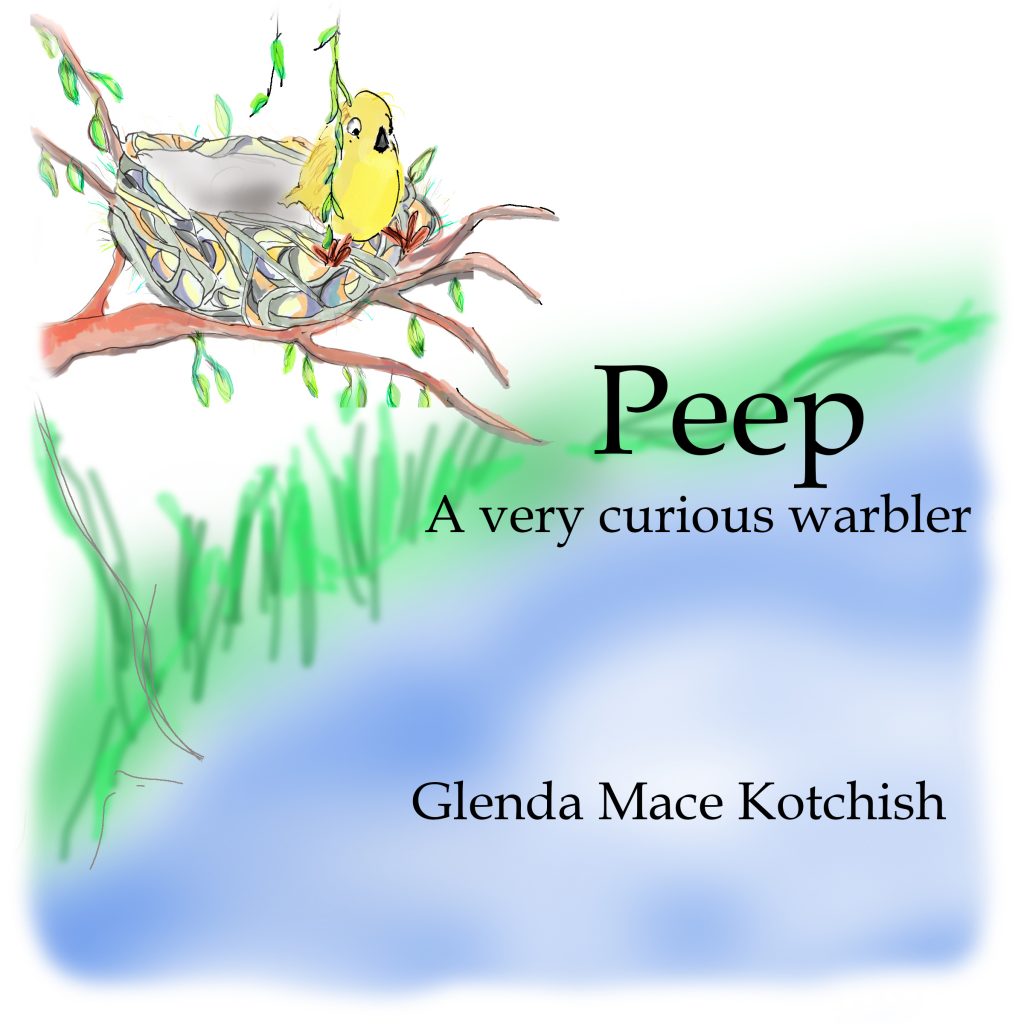
Coming soon is my new children’s book, Peep, A very curious warbler. It’s about overcoming fear of the unknown and I think adults will also like this book. Watch for it on Amazon.com…soon

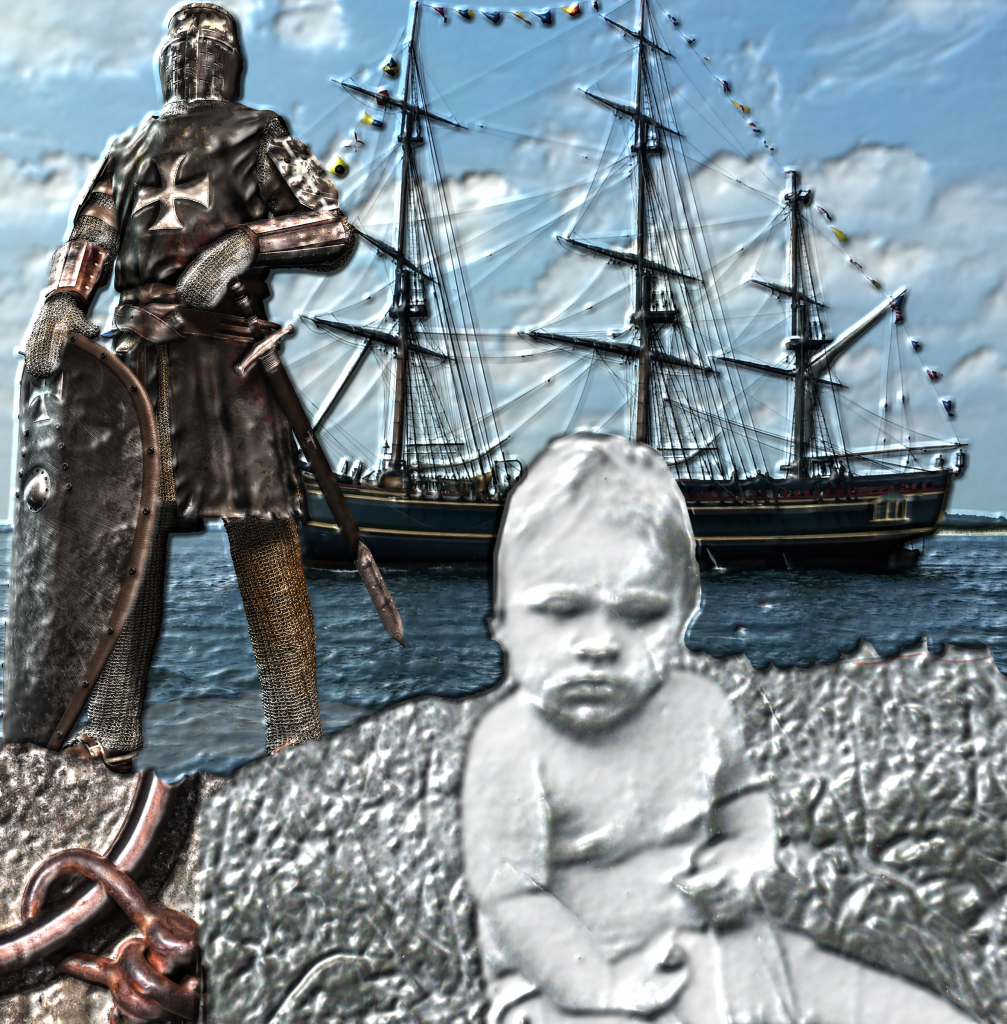
Before the empires, before the wars, before the migrations, back to the source, the motherland, that unnamed place from whence we all came–I came.
We, I existed in their seed–long, long ago–and I am, we are here. We, I existed in the bodies of the ages. Am I not then native to this land? Are not you, also?
Like you, I had no choice, no voice in any of the migrations, wars, empires that brought me here nor the circumstances whether conqueror, indentured, slave, warrior, merchant. And although these people carried our future selves in their bodies, we did not participate in their actions, we do not bear their guilt.
We, I belong here. It is your birthright. It is my birthright. We are American–native. We can not change the past. We can only be in the present. That is the task at hand
(c) Glenda Kotchish
October, 2020

She had no idea, not a clue, although there were plenty of signs that something was amiss. For instance, why were things so difficult? Why did it take forever to get anything rolling? Why was there so much opposition to every move she made, every breath she took?
“But it’s always been this way,” she would say when I nettled her. And she’d dismiss me like a fleeting thought.
She was constantly examining the issues. “There’s got to be a way out of this,” she’d say. And when she’d say something like this I would perk up, like a deer hearing a sudden noise–all alert, listening, at the ready for action. Forever the optimist, I’d think, “maybe this time, she’s seeing the light–almost”. But always, always, she’d be overcome with opposition, points of contention, small though they were, but the pure volume, millions of them, held her back.
“I’m stuck here,” she said one day. “It’s like I’m moving through mud.”
“That’s it, yes, you are exactly right–almost.”
It took a pandemic before she noticed. Everything s-l-o-w-e-d down. The world ground to a halt. Don’t go out, stay at home, if you do go out, wash your hands, and for Pete’s sake, wear a fucking mask–cover your nose and mouth. No, no, don’t wear it on your chin. That’s right pull that damn thing up over the parts of your face that breathe air in and breathe air out.
She had time to notice, finally. It was like moving through mud. Actually it was quicksand. And the day she opened her eyes, she saw exactly where she was–in a pit of quicksand–sinking slowly. She reached forth her hand, globs of goo falling, plopping into the sand around her. And being the best of the best, golden light that I am, I reached forth too and pulled her out and set her free.
“Boy am I glad that’s over,” she said, shaking granules from herself, casting off everything that wasn’t purely, authentically her.
© Glenda Kotchish
September 19, 2020

I’m in the piedmont but it feels like the mountains today. On the wooden fence, the honeysuckle is blooming still, ready for a deer tall enough to reach it and eat it for a snack. They will be by later–the deer–sometimes a herd of six or seven, sometimes just three–a doe and her two fawns. The fawns are losing their spots now and the doe’s coat is growing darker. Mid-September, the perfect time of the year here in Virginia.
June and Waylin, the hound dogs are out. They are city dogs and have been kept inside all summer, on a leash for walks in the suburbs. A copperhead almost bit Waylin, in their backyard, up close and personal. Maybe the snakes are gone now and the hounds are allowed outside. The snake man was coming to treat the yard–whatever that means. It’s a jungle back there–a woodland tangle of growth–tall pines, a few hardwoods and lots of scrub brush. On my side of the fence, someone has clear out things but it wants to come back, ivy winding itself up the oat trees, Virginia Creeper smothering the shrubs.
The dogs are barking now. Mountain hound dogs wouldn’t be making such a racket. If Waylin and June were mountain dogs, they’d be a little less frisky. They would be lazying around, napping under the porch, until the hunt is on–that is and then Katie bar the door. Mountain dogs would grab the snake and shake it good. I’ve seen two of hounds, one on each end, stretching a snake between them–in the country.
But I’m in the Piedmont, in the suburbs of the city, old suburbs–almost forgotten, with creeks and lakes feeding into the river–sections of land that can’t be developed any further, perfect for the deer, rabbits, and squirrels. Here, garages are not attached, kitchens have not been updated with their shiny, stainless steel appliances and granite countertops. Bathrooms are small and closets hold a reasonable number of clothes. Perfect, or perfect enough if you can’t live in the mountains. Here I pretend on a cool September day, with the warm sun on my shoulders and the quiet of the outdoors, pretend that I’m up on the Blue Ridge.
© Glenda Kotchish
September 16, 2020
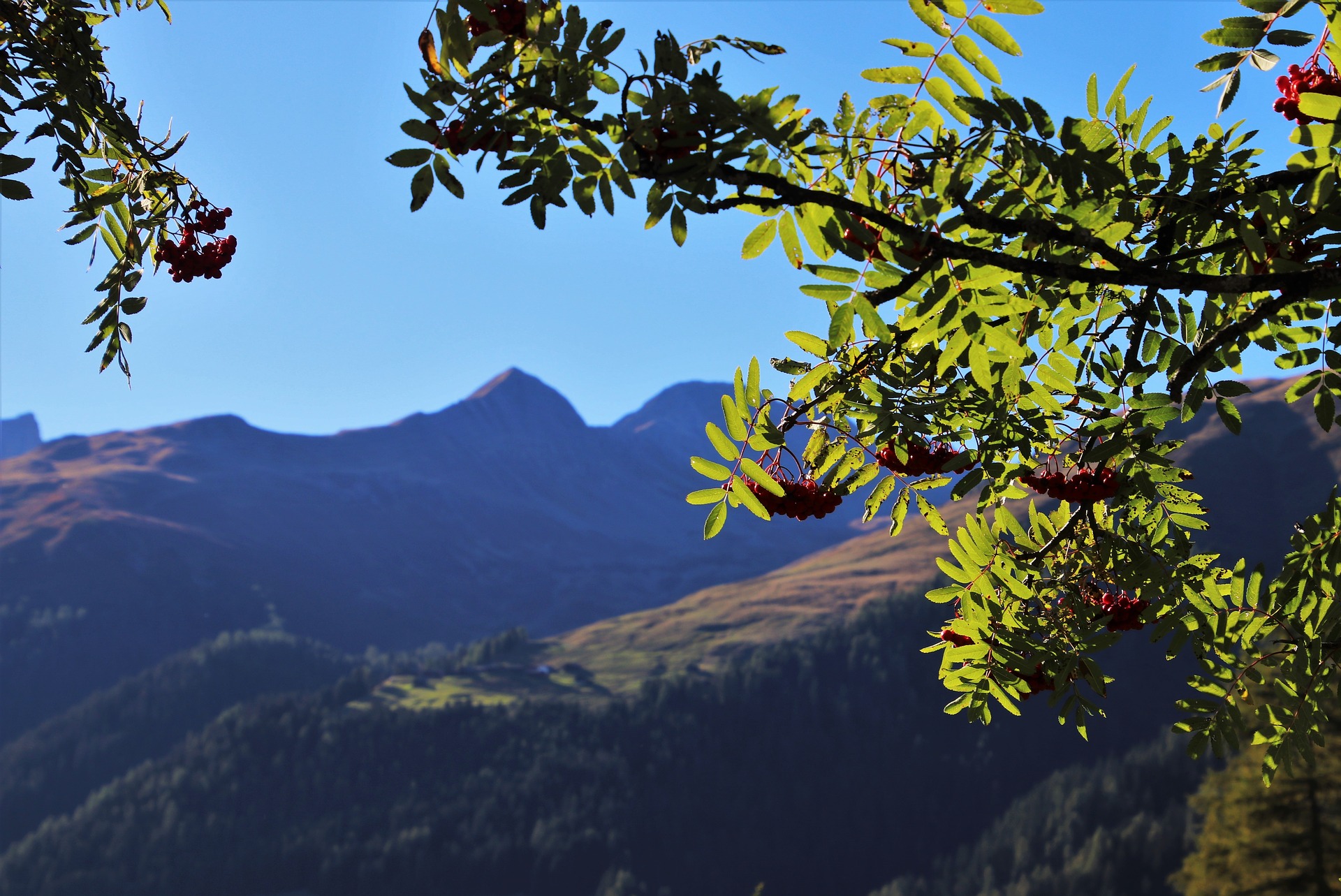
Cocoa
Cool Day
Warm Sun
September

It was a Sunday when they cordoned off the street and imploded the building. The building was 35 stories high–made of concrete, metal, and glass. It collapsed into itself and great billows of dust rushed forth and swirled upward and out–out onto the streets, the cars, the buildings that were close by.
The huge pile of rubble set for a week, untouched. No one went near it. It shifted and settled. Finally, men in machines came. The machines were great yellow things with claws that opened and closed. Even so, compared to the mountain of debris that was once was headquarters of the electric company, the bulldozers and loaders looked like toys. Every day they nibbled away at the pile of concrete and metal. A bite here, a bite there was loaded into trucks that hauled it away–piece by piece. The building so carefully planned–first from blueprints, renderings, and drawings of every component–from the structure to electrical, plumbing, exterior, and interior, weights and measures, balances, and counter-balances to the actual building of the structure, pouring of concrete, laying of foundations, erection of walls, steel, and glass, heating and cooling, roofing and signage–the building–was now a pile of disorganized debris. Slowly, day by day, it was disappearing.
We used to work there. It was not a fun place. The people were very strange. They were intimate with each other and hated each other. And the projects were equally strange–pieces parts. Was there a big picture where it all fit together? No one knew. Everyone did a piece, nibbling away at something we were never sure of.
In the end, we walked away. It was just as well. Look at it now.
© Glenda Kotchish
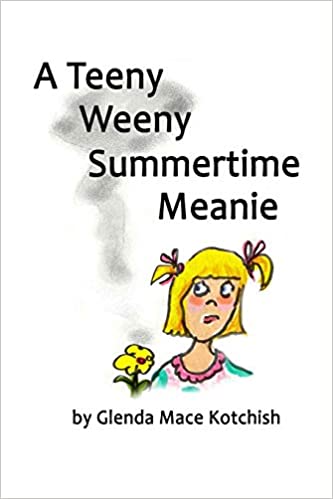
It’s summer, school is out. It’s time to have fun and play all day. But something is lurking the in the shadows to spoil things. Take care and be prepared.
My new children’s book is available on Amazon.com
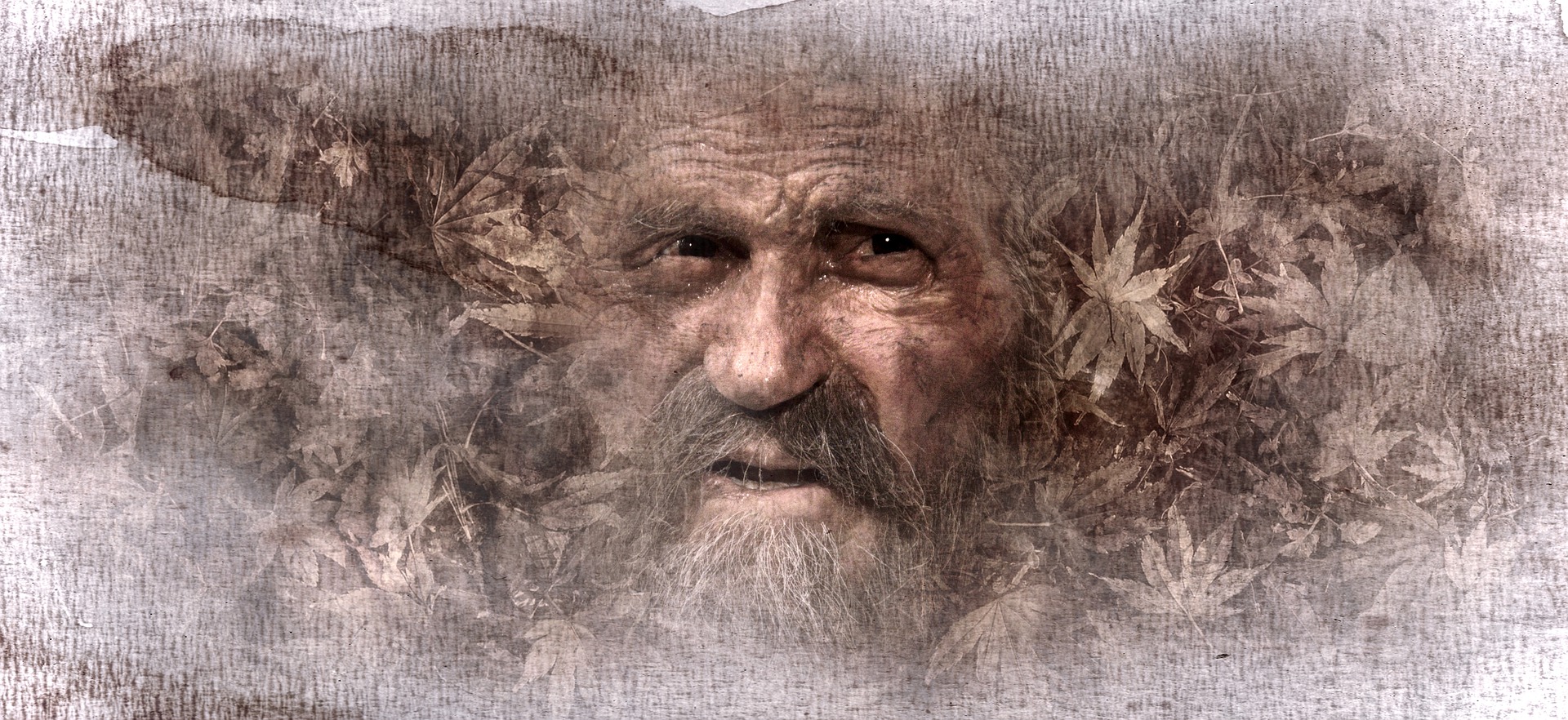
Driving on the highway the other day, this little story flew in my mind. I hope you like it. Click here.

Once upon a time, there was this really big and really bad wolf. Well, that was what people said about her, for she had a reputation, you see. It, the reputation, was more about wolves in general and not specifically about this wolf. But no matter, she could have been a sweet, kind, and loving wolf but, the fact is, no one ever got close enough to find out.
Granted, she was really big and had big ears, big teeth, and big powerful legs. She was a swift as a chetah and her muscles were as strong as a bull’s. Her coat was thick and shiny and the color of silver. Her sight was piercing and her sense of smell beyond keen, for she could smell something as tiny as an ant a mile away. She could tell the age of a rabbit, the size of a deer, the weight of a horse by sniffing the air, with her eyes closed. And because of her acute senses and strength, she had no predators and no fear of man or beast. Nor was she afraid of rain that raged for days, of overflowing streams or of high water. For she was clever and through instinct and intellect, she knew where to go and what to do to avoid these dangers. And when it snowed and winter blizzards blew, she likewise knew where and how to take shelter. I cannot say that she enjoyed these natural phenomenons for who can know the mind of a wolf except the wolf herself? But I can say that she, unlike humans, did not fight nature. She learned and lived within nature. She knew hunger. She knew pain. But she did not know fear. This wolf was the alpha of the pack. She chose her mate. She alone, in the pack, birthed pups, for she was the strongest and most clever. The pack roamed the forest in the hills, under her guide, following her lead.
One day this amazing creature went for a walk and happened upon a pig who was miraculously building a house of straw, without the aid of any tools, using only her cloven feet and snout. And this big, very bad, wolf abandoned her instincts and instead of tearing the jugular from the pig’s throat, she tried to blow its house down. And after a few huffs and puffs, she was successful and gobbled up the pig.
Well, of course, this never happened but what I’m about to tell you did, in fact, did take place. There was a man named Tom Swope who imagined this big, bad wolf of fairy tales. He’d never actually seen her, at least not up close. Perhaps those few glimpses of the sleek, silver female, from a quarter-mile away, she seeing him first and slipping silently into the shadows, the trees, the underbrush, fueled his imagination about her and his desire to own her–to breed her. He imagined his success–puppies–wolf hybrids–domesticated wolves. What a fortune he would make. The money that rolled in, even for a single hybrid, would secure him a reputation, money, and fame. Tom Swope sat before the woodstove in his shabby, little house in the hills, staring into space, beads of whiskey pilled onto his grey whiskers, causing them to glisten in the light from the kerosene lamp. He closed his eyes and sank deeper into the tattered and worn armchair, dreaming of the kennel, no kennels–many kennels–a new, modern facility with a fancy reception room, shiny floors, gleaming with light and with a pretty young receptionist who would greet clients. And only the most important clients, celebrities, politicians, billionaires would be allowed access to the private office of Tom Swope, the famous wolf breeder.
But first, he must trap her, trap her without damaging her. This thought annoyed him and brought him out of his reverie. He opened his eyes and only then noticed the whining from the dog pens.
“Humph, feeding time,” he thought. He rose, pulled on his jacket and went to his truck in the yard, an ancient 1970 Ford 250 pickup, once blue, faded to the color of nothing. He opened the tailgate by unhooking the coat-hanger-jerry-rigged latch and pulled out a cooler. This he carried to the dog pens and tossed in the beef–scraps of beef from the meat processing plant. Tom knew a guy and they had an arrangement, a would-be partner to his enterprize. “Ha! In his dreams, maybe,” thought Tom Swope. The dogs scrambled over each other to get at the meat. It was gone in seconds.
Tom Swope went back into the house and sat down at the table, pondering the nature of traps.
© Glenda Kotchish
January 2020
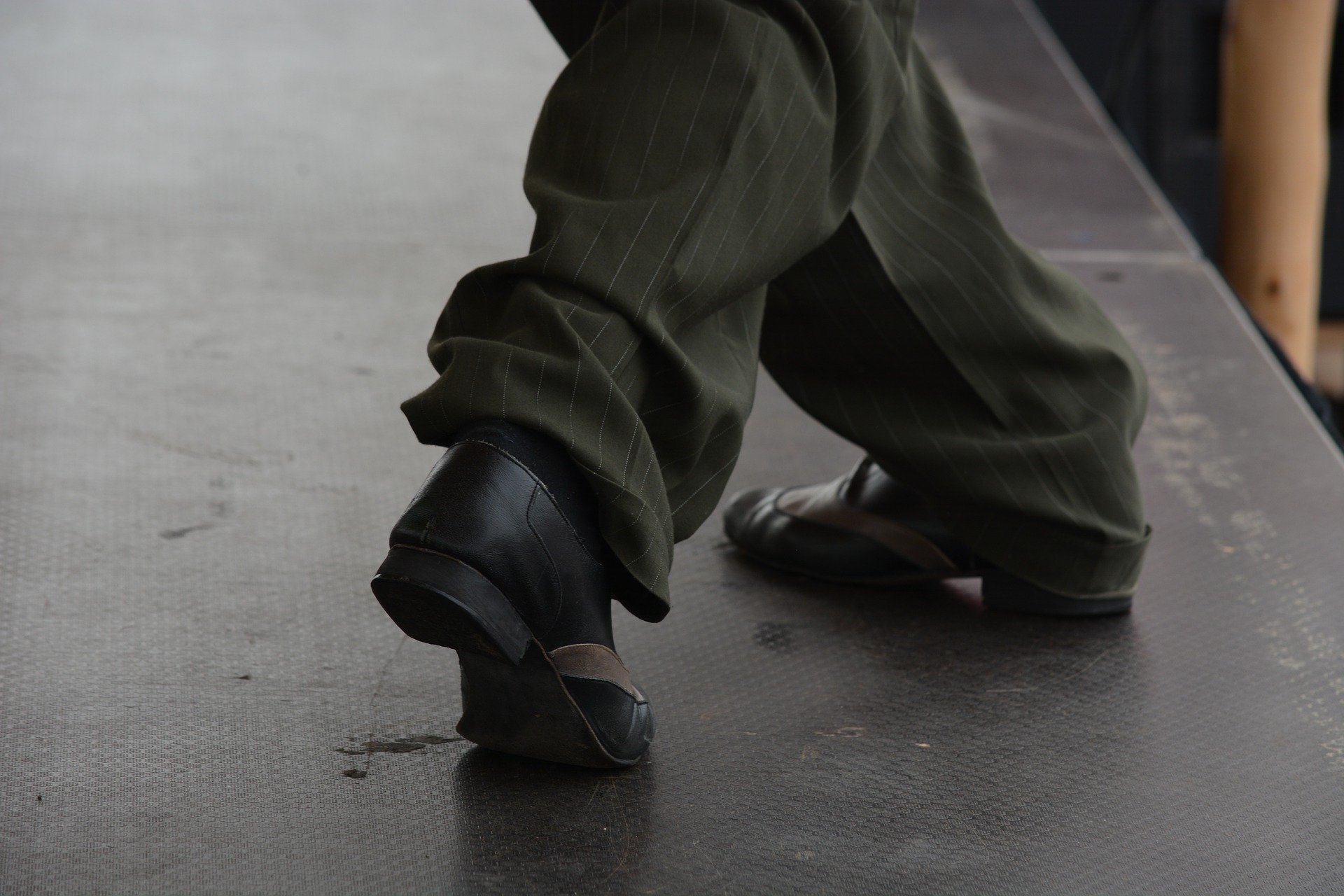
I’m taking a master class on short story writing. Here’s a new little ditty. Short and well, not sweet, just short.